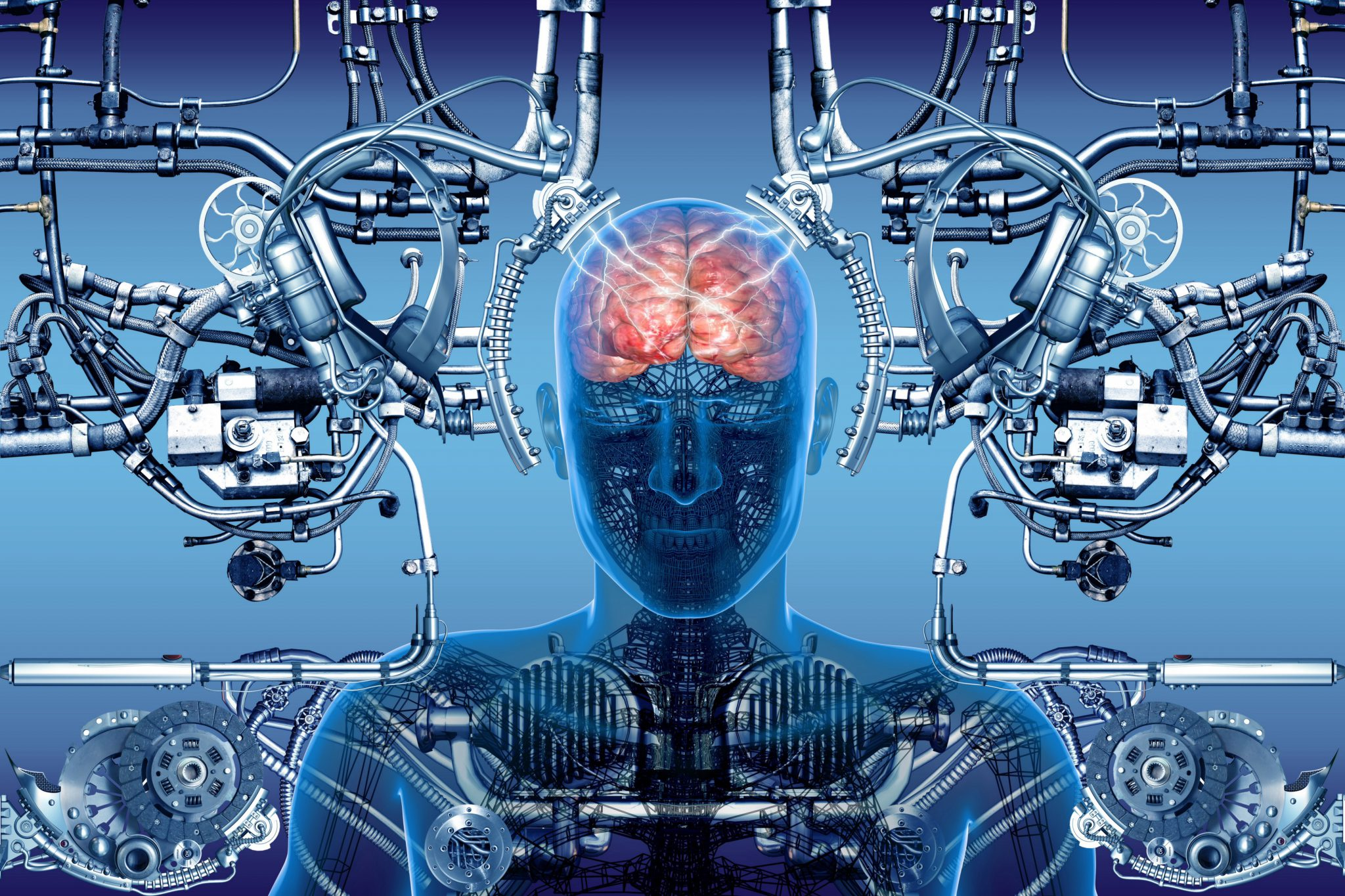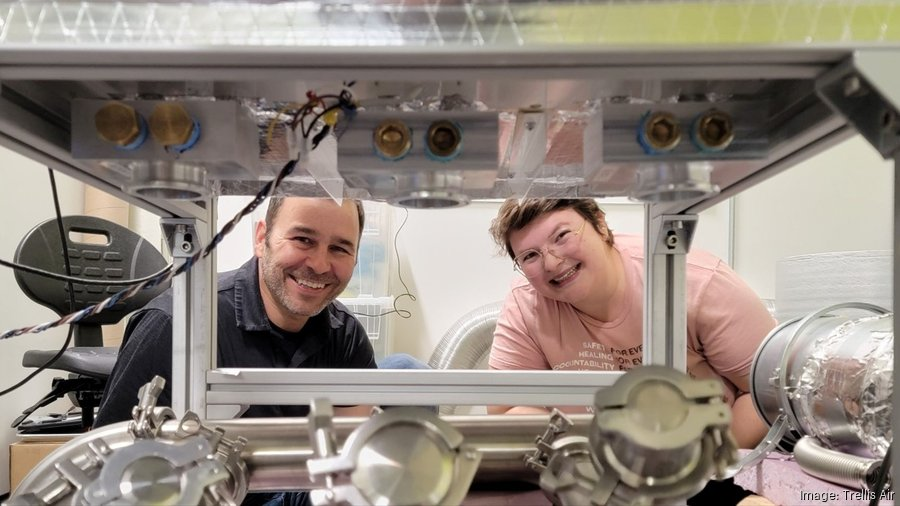
Brain-Computer Interfaces: Promise and Ethical Concerns
Brain-computer interfaces (BCIs) are revolutionizing the landscape of neurotechnology, offering unprecedented ways for individuals, particularly those with disabilities, to interact with the digital world. Imagine controlling a computer or even playing chess purely with your thoughts; this is now a reality thanks to advancements like the Neuralink brain chip. The potential of brain tech to restore autonomy and enhance communication is immense, yet it invites a discussion about BCI ethics and the implications of such powerful tools. As society stands at the brink of integrating mind control technology into everyday life, the need for responsible development and deployment has never been more critical. It is essential to navigate these neurotechnology advancements with care, ensuring that the benefits do not come at a cost to privacy or personal agency.
The evolution of brain-machine interfaces is set to reshape our understanding of human-computer interactions profoundly. Often referred to as neurointerfaces or mind-machine interfaces, these groundbreaking systems enable direct communication between the brain and external devices, potentially altering how we engage with technology. While the ability to translate neural signals into actions opens a world of possibilities for rehabilitation and enhancement, it also raises pressing questions about the ethics of cognitive intrusion and the effects of neurofeedback on human behavior. As research accelerates and devices become more sophisticated, we must remain vigilant about the implications of such neurotechnological advancements on individual freedoms and mental integrity.
Understanding Brain-Computer Interfaces: A Revolutionary Progress in Neurotechnology
Brain-computer interfaces (BCIs) represent a groundbreaking advancement in the field of neurotechnology, allowing for direct communication between the human brain and external devices. These systems function by interpreting neural signals and translating them into commands for computers or other devices, thereby providing a means for individuals to interact with the world in new ways. Recent developments, such as the Neuralink brain chip, have demonstrated that individuals with disabilities can regain control over their environment, transforming thoughts into actions. This progress opens doors to revolutionary therapies aimed at improving the quality of life for millions.
However, while the potential benefits of BCIs are significant, they also raise critical questions about ethics and consent. The same technology that empowers individuals can also be misused or misunderstood. With the rapid evolution of brain tech, it is essential to address the ethical implications of interfacing with the mind. As we move deeper into an era of neurotechnology advancements, discussions around BCI ethics will be paramount to ensure responsible development and application of these life-changing technologies.
The Promises and Perils of Mind Control Technology
Mind control technology, a facet of the broader field of neurotechnology, has fascinated researchers and the public alike for decades. Devices that can influence thoughts and behaviors pose an alluring yet daunting prospect, especially as we stand at the threshold of integrating BCIs with advanced artificial intelligence. The implications of using brain-computer interface technology for purposes beyond rehabilitation—such as manipulating behavior or extracting information—echo historical precedents like the controversial MKUltra program. This haunting legacy necessitates careful scrutiny as contemporary waves of mind control technology begin to surface.
Simultaneously, the potential of mind control technology could revolutionize mental health treatment, offering new ways to address issues like depression or PTSD through targeted neural modulation. Yet, the anxiety surrounding its misuse remains palpable. As we explore the duality of these technologies, it becomes increasingly vital to enforce ethical standards and legal frameworks that safeguard individual autonomy while exploring the promising horizons of neurotechnology. The question remains—how do we unlock the benefits without falling prey to the darker facets of coercive or involuntary mind control?
Neuralink: Bridging Disabilities and Innovations
Neuralink’s brain chip has emerged as a game-changing solution for individuals suffering from paralysis, allowing them to control computers and prosthetics using their thoughts. This technological marvel is positioned at the forefront of efforts to integrate human cognitive abilities with machine interfaces. By developing more sophisticated BCIs, Neuralink not only aims to empower users but also intends to expand the potential applications for neurotechnology, paving the way for novel therapeutic interventions.
Yet, the journey of implementing such innovative technologies is fraught with challenges. Beyond just technical hurdles, there lies a pressing need to engage with the societal implications of such brain tech. Questions around data privacy, informed consent, and long-term psychological effects underscore the importance of developing thoughtful regulations and ethical practices. As Neuralink continues its ambitious projects, ongoing discussions surrounding BCI ethics will be crucial in ensuring that advancements serve the greater good, rather than perpetuating risks associated with enhanced cognitive powers.
Historical Context: Lessons from Cold War Mind Control Experiments
The history of mind control experiments during the Cold War offers a sobering lens through which we can view the rise of brain-computer interfaces today. The MKUltra program serves as a stark reminder of the potential for abuses in the name of science, where unethical experiments aimed at altering human behavior and cognition resulted in devastating consequences for many subjects. Lukas Meier’s examination of these historical precedents warns us about the thin line between innovation and exploitation, especially when dealing with technologies that interface directly with the human brain.
Reflecting on this dark chapter is essential as we proceed with neurotechnology advancements like BCIs. It becomes critical to question not only how these technologies function but who controls them and for what purposes. The lessons learned from MKUltra highlight the need for stringent oversight and ethical considerations that prioritize individuals’ rights and mental privacy. By embracing transparency and responsibility, the research community can help ensure that the promise of BCIs doesn’t repeat the missteps of the past, fostering a future where innovation thrives alongside ethical integrity.
Ethical Considerations in Brain-Computer Interface Development
As brain-computer interfaces evolve, ethical considerations have become paramount in guiding their development. Researchers and practitioners must navigate a complex landscape where the potential for both revolutionary change and significant ethical dilemmas coexist. Core issues, such as informed consent, privacy concerns, and the right to cognitive autonomy, are central to the discussions surrounding BCI ethics. The ability to decode thoughts or influence behavior requires rigorous ethical standards to ensure user protection and respect for individual rights.
Furthermore, the implications of BCIs stretch beyond the lab into societal norms and values. There is a need to establish comprehensive frameworks that address who can access these technologies, under what circumstances, and how data derived from neural activity is managed. Indeed, as BCI technology becomes increasingly integrated into medical and consumer applications, it is essential to foster dialogue among stakeholders, including ethicists, healthcare professionals, and the public, to create a responsible roadmap for the future of neurotechnology.
The Future of Neurotechnology: Opportunities and Risks
The future of neurotechnology promises incredible opportunities for individuals with disabilities, opening doors to new therapeutic options and enhanced quality of life. As we look toward the potential of BCIs, the capabilities for improving mental health treatments, augmenting cognitive functions, and restoring lost abilities stand at the forefront of innovation. Companies like Neuralink are leading the charge, demonstrating the transformative impacts that these technologies can yield when effectively developed and deployed.
However, with these advancements come undeniable risks that society must confront. The potential for misuse of neurotechnology—whether for surveillance, coercive control, or eroding personal agency—presents critical ethical dilemmas. Ensuring that the benefits of BCIs are accessible and not exploited while safeguarding against manipulation requires a coordinated effort among technologists, ethicists, and policymakers. As we embark on this uncharted territory, it is crucial to balance the excitement for new horizons with a vigilant commitment to ethical practices and societal accountability.
Cognitive Privacy in the Age of Brain-Computer Interfaces
Cognitive privacy is an emerging concern in the conversation about brain-computer interfaces. With the ability to decode thoughts and intentions, BCIs pose unique challenges to personal privacy that traditional data protection measures cannot adequately address. The question of how to protect individuals’ mental privacy in the context of thoughts being accessible or modifiable through technology is an urgent matter for developers and policymakers alike.
Moreover, as technologies become more integrated into daily life, the public must understand the implications of sharing their neural data. Legislative measures that protect cognitive privacy and establish boundaries for how this sensitive information can be used must be prioritized. Failure to address these issues proactively could lead to a future where individuals have limited control over their innermost thoughts, ultimately undermining personal autonomy and freedom.
The Global Landscape of Brain-Computer Interface Technologies
The development of brain-computer interface technologies is not confined to a single region or entity; it is a global endeavor. Countries across the world are investing in neurotechnology research, recognizing its potential to transform healthcare and human interaction. As industries develop, the competition between nations may shape the regulatory landscape, ethical standards, and applications of BCIs. Global cooperation and dialogue are essential to ensure that advancements in this field benefit humanity as a whole, rather than exacerbating inequalities or sparking geopolitical tensions.
Furthermore, the international dimension of BCI development invites diverse perspectives on ethical considerations. Different cultural attitudes towards consent, privacy, and cognitive enhancement will inform how technologies are integrated into societies. Establishing a global consensus on responsible development and use will require ongoing engagement from international stakeholders, promoting collaborative frameworks that reflect shared values while accommodating unique local contexts.
Transforming Rehabilitation through Neurotechnology
Neurotechnology is poised to revolutionize rehabilitation strategies for patients with serious disabilities. By harnessing the potential of BCIs, individuals can regain autonomy and capabilities previously thought lost. For example, users can manipulate devices through brain signals, offering new forms of interaction with the environment. This not only aids in physical rehabilitation but also plays a significant role in mental health recovery, providing a sense of empowerment and progress.
However, the implementation of such technologies in rehabilitation raises critical questions about accessibility and inequality. If neurotechnology is expensive or not widely available, disadvantaged populations may miss out on its advantages. Therefore, it is essential to build inclusive systems that ensure equitable access to these groundbreaking therapies. Striving for affordability and accessibility in neurotechnology will harness its full potential to promote recovery across diverse demographics.
Frequently Asked Questions
What are brain-computer interfaces (BCIs) and how do they work?
Brain-computer interfaces (BCIs) are advanced neurotechnology systems that facilitate direct communication between the brain and external devices. By decoding neural signals, BCIs allow individuals, particularly those with disabilities, to control computers or prosthetic limbs using their thoughts. This cutting-edge brain tech has shown remarkable potential, as seen with the Neuralink brain chip, enabling activities like operating a computer mouse and playing games.
What are the potential benefits of Neuralink brain chips in treating disabilities?
Neuralink brain chips represent a significant advancement in brain-computer interface technology, offering hope for individuals with disabilities. These implants can enable paralyzed users to communicate effectively, control robotic limbs, and regain independence. The promise of BCIs in therapeutic settings is immense, with projections estimating a market value of around $400 billion in the U.S. alone, reflecting the transformative potential of this brain tech for improving quality of life.
What ethical concerns surround brain-computer interfaces and neurotechnology?
The development of brain-computer interfaces raises critical BCI ethics concerns, particularly regarding consent, mental privacy, and the potential for misuse. Historical precedents, such as the MKUltra experiments, highlight the risks of psychological manipulation. As BCIs evolve, it is vital to establish robust ethical guidelines to ensure these technologies empower users without infringing on their autonomy or privacy.
Could mind control technology become a reality with advancements in BCIs?
While brain-computer interfaces like those developed by Neuralink demonstrate impressive capabilities, the concept of mind control technology remains a complex ethical issue. There is speculation that, as neurotechnology advances, the ability to influence behavior could arise. However, the unpredictable nature of brain modulation means that significant safeguards must be established to prevent the misuse of BCIs for coercive purposes.
How can BCIs impact our understanding of consciousness and thought?
BCIs hold the potential to deepen our understanding of consciousness by providing insights into how thoughts are generated and processed. Research utilizing brain-computer interfaces seeks to decode brain signals, providing a window into the workings of the mind. However, this exploration also raises challenges related to BCI ethics, as the ability to reconstruct thoughts could threaten mental privacy and self-determination.
What are the current limitations of neurotechnology advancements in BCIs?
Current neurotechnology advancements in brain-computer interfaces face several limitations, including the complexity of accurately interpreting neural signals and the invasive nature of some implants. While devices like the Neuralink brain chip show promise for functional applications, ongoing research is necessary to enhance the efficacy and safety of BCIs, ensuring that the technology can be widely adopted without adverse effects.
| Key Points | Details |
|---|---|
| Neuralink Implant | On January 28, 2024, Noland Arbaugh became the first recipient of a brain chip implant from Neuralink, allowing him to control devices with his thoughts. |
| Potential Applications | Brain-computer interfaces (BCIs) have the potential to assist individuals with disabilities in controlling devices, speaking, and more. |
| Market Potential | The BCI market is projected to reach around $400 billion in the U.S. due to the prevalence of neurological conditions. |
| Historical Caution | A paper by Lukas Meier highlights the risks associated with BCIs, referencing the unethical mind control experiments from the Cold War era. |
| Ethical Concerns | Concerns arise regarding consent, mental privacy, and potential misuse of BCI technologies by state or private sectors. |
| Unforeseen Effects | Studies show that BCIs could unintentionally alter behavior, as seen in cases of deep brain stimulation. |
| Continued Development | Despite potential risks, Meier supports continued BCI development to stay competitive on a global scale. |
Summary
Brain-computer interfaces (BCIs) represent a groundbreaking innovation that holds transformative potential for individuals with disabilities, enabling unprecedented control over devices through thought alone. However, this promising technology is not without significant ethical concerns reminiscent of America’s historical experiments in mind control during the Cold War. As we innovate rapidly in this field, it is imperative to address issues surrounding consent, mental privacy, and the risk of misuse by both state and private actors. Ultimately, while the benefits of BCIs could be life-changing, careful consideration and regulation will be essential to harness their advantages responsibly.









